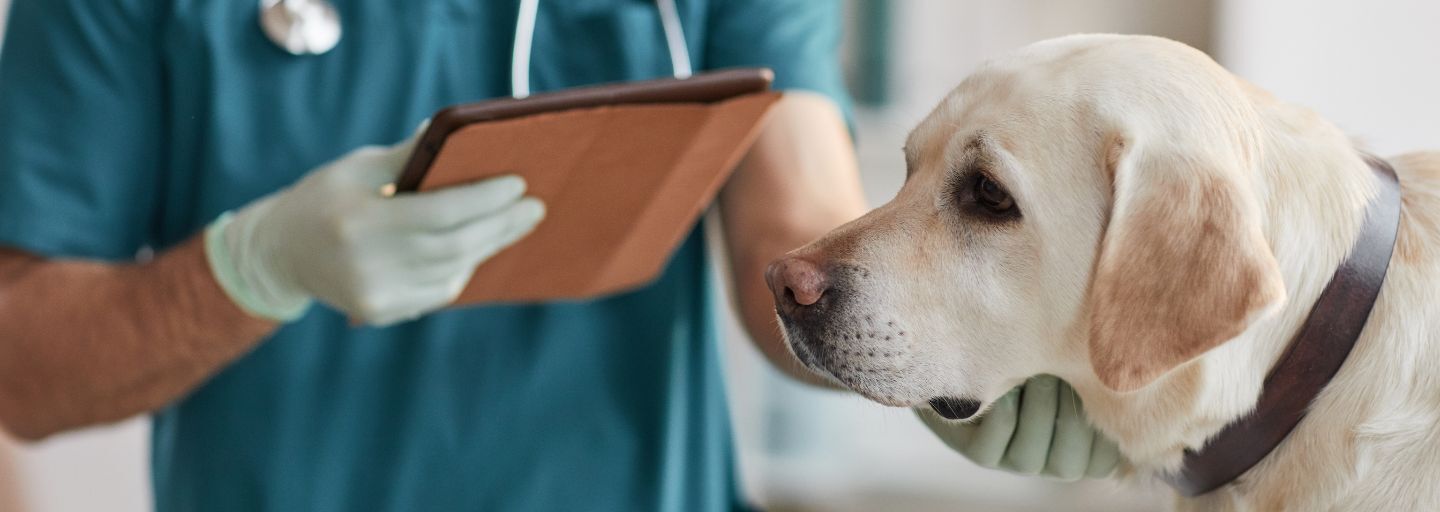Worms are a common occurrence in dogs, and being aware of the signs to look for and how to treat them is crucial for your dog's well-being.
Worms in Puppies
It's important to note that most puppies are actually born with worms, so one of the first steps you should take is treating both the puppies and their mother for this condition. The most common types of worm infestations in puppies are roundworms and tapeworms (which can be picked up from flea eggs), although hookworms may also be present.
Roundworms can be identified as spaghetti-like shapes in vomit or feces, while tapeworms appear as rice-shaped segments. Tapeworms are particularly tricky to spot and are often seen around the dog's rear end.
Signs of Worm Infestation
There are several warning signs that may indicate your dog has worms, including weakness, listlessness, diarrhea or vomiting, weight loss despite a good appetite, and an abnormally swollen stomach.
Treating Worms in Dogs
The good news is that worm infestations in dogs are generally easy to control and treat, as long as the condition hasn't progressed too far. If you suspect that your dog has worms, it's important to consult with your veterinarian. In some cases, your vet may ask for a stool sample to examine under a microscope for worm eggs.
Most veterinarians routinely check puppies for worms during their initial visits and can recommend an appropriate worming program. When you bring your puppy to the vet, be sure to ask for advice on establishing a regular worming regime.
Worms in Adult Dogs
For adult dogs, it's recommended to have them checked for worms during their annual check-ups and to follow the year-round worming program recommended by your vet. The treatment will depend on the specific type of parasite involved.
Proper hygiene measures are crucial in preventing re-infestation and protecting both your dog and other animals. It's a good practice to promptly dispose of your dog's stool when they go to the toilet outside. Additionally, certain types of worms, such as roundworms and hookworms, can pose health risks to humans, although this is uncommon. Nevertheless, maintaining good hygiene practices is always advisable.
Flea Treatment
In addition to managing worms, regularly treating your dog for fleas is another important aspect of keeping them healthy. Fleas can carry parasites and diseases, so a comprehensive approach to parasite prevention, including flea treatment, is essential.
By being vigilant, regularly consulting with your veterinarian, and following their recommendations for worm prevention and treatment, you can ensure the well-being of your beloved canine companion. Remember, a healthy and worm-free dog is a happy dog!







